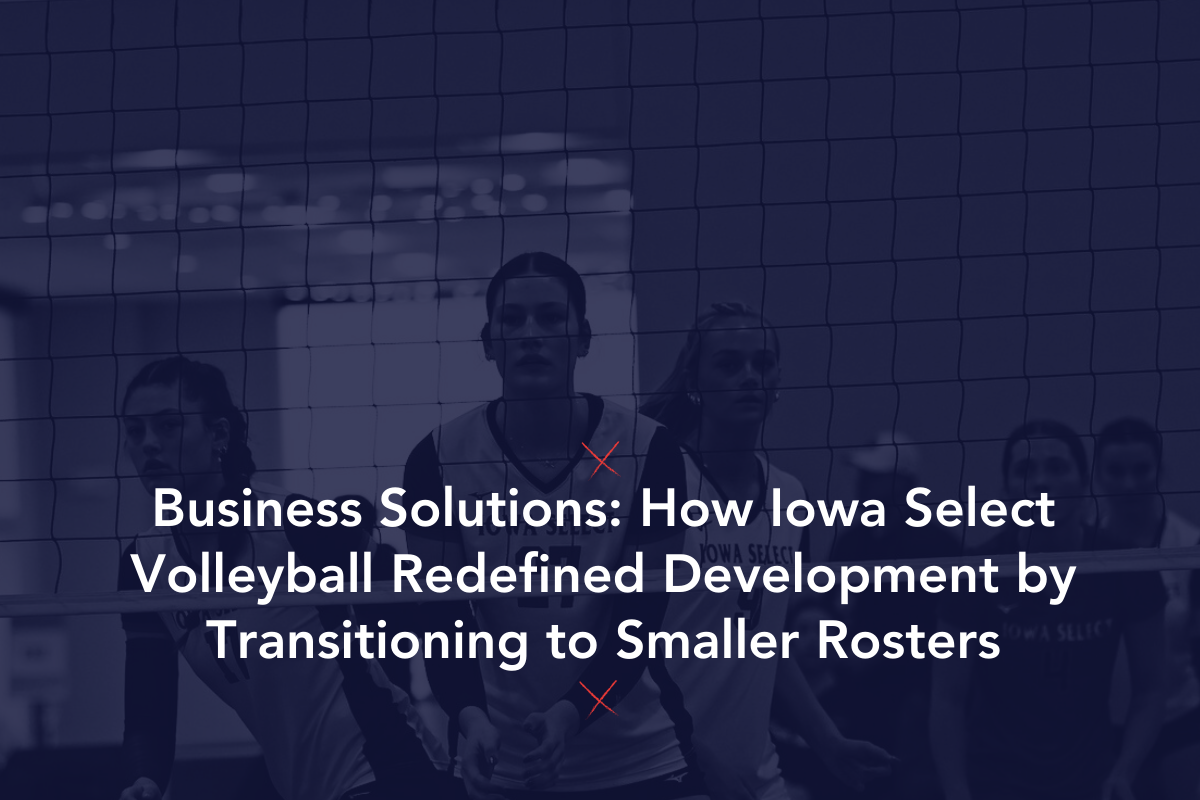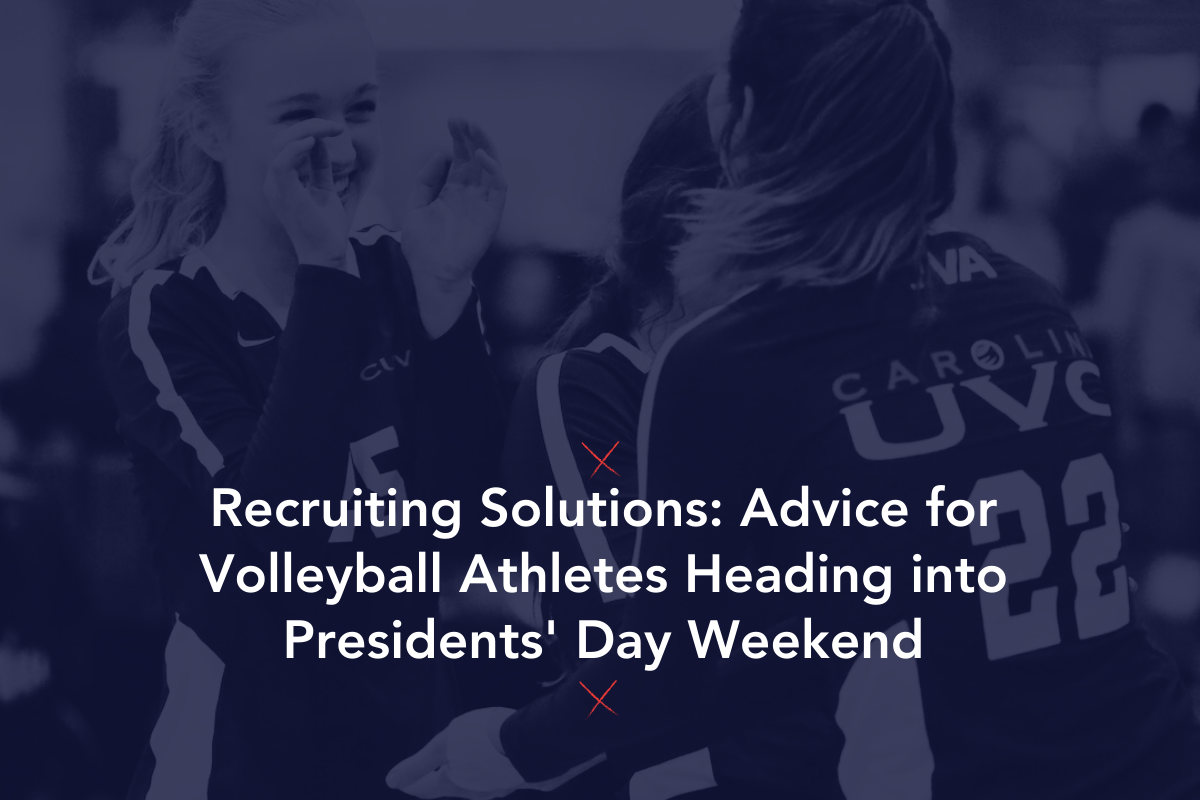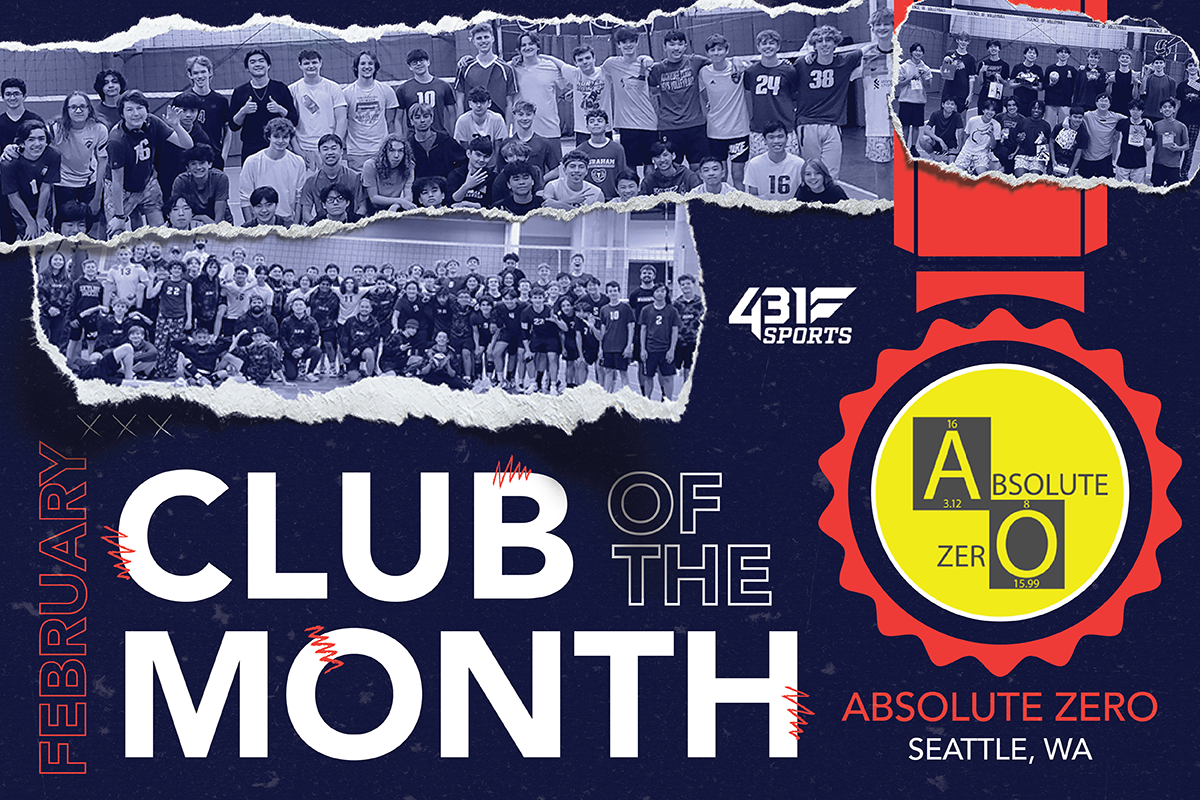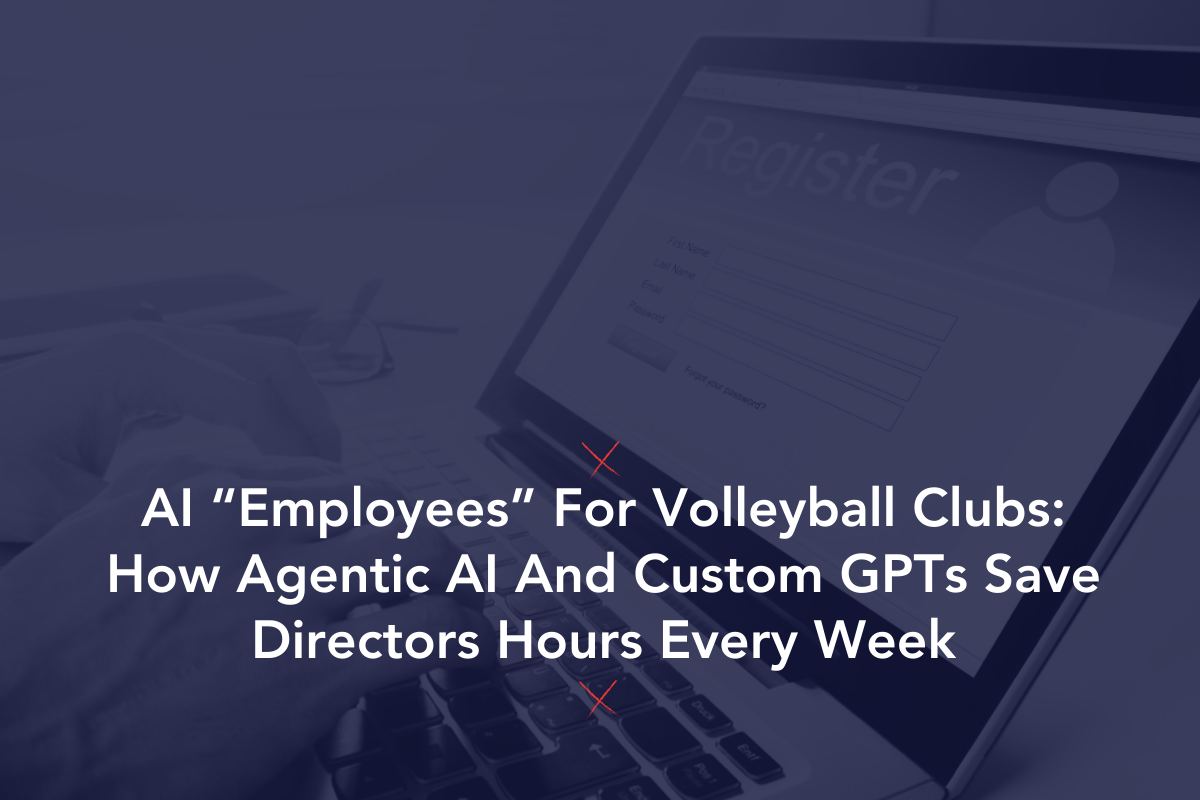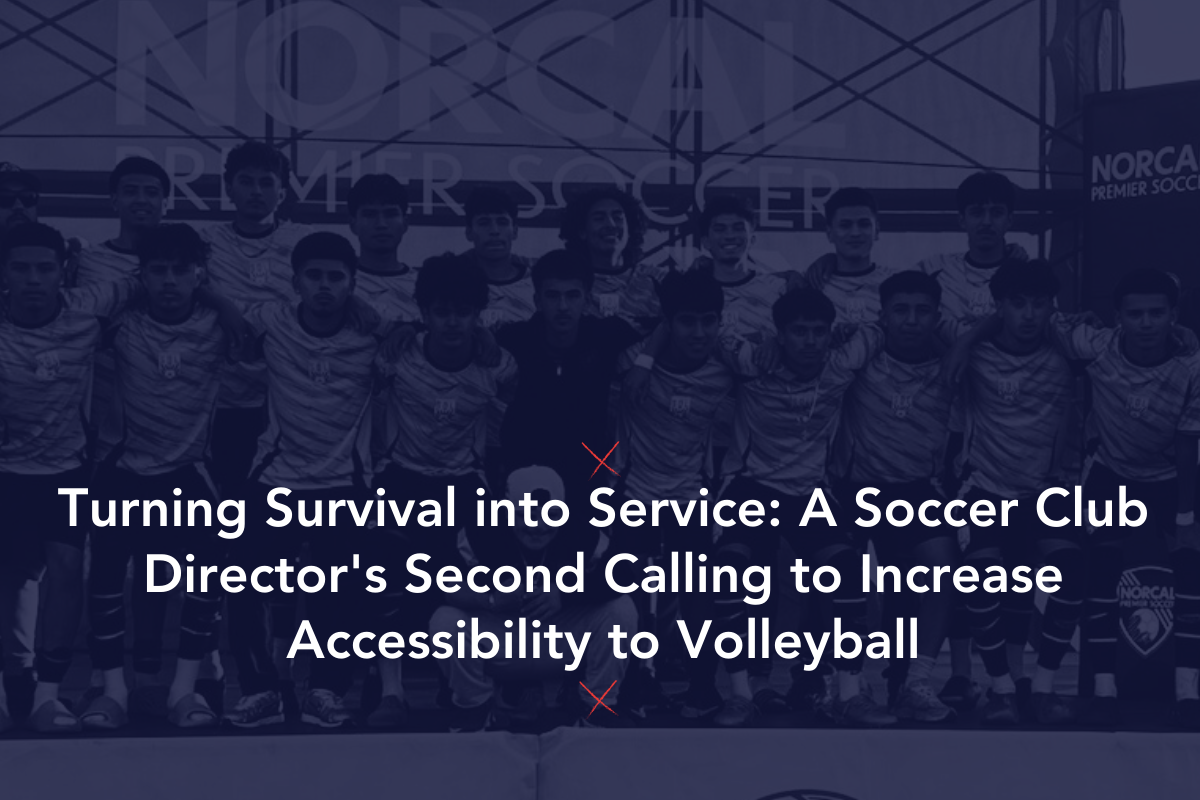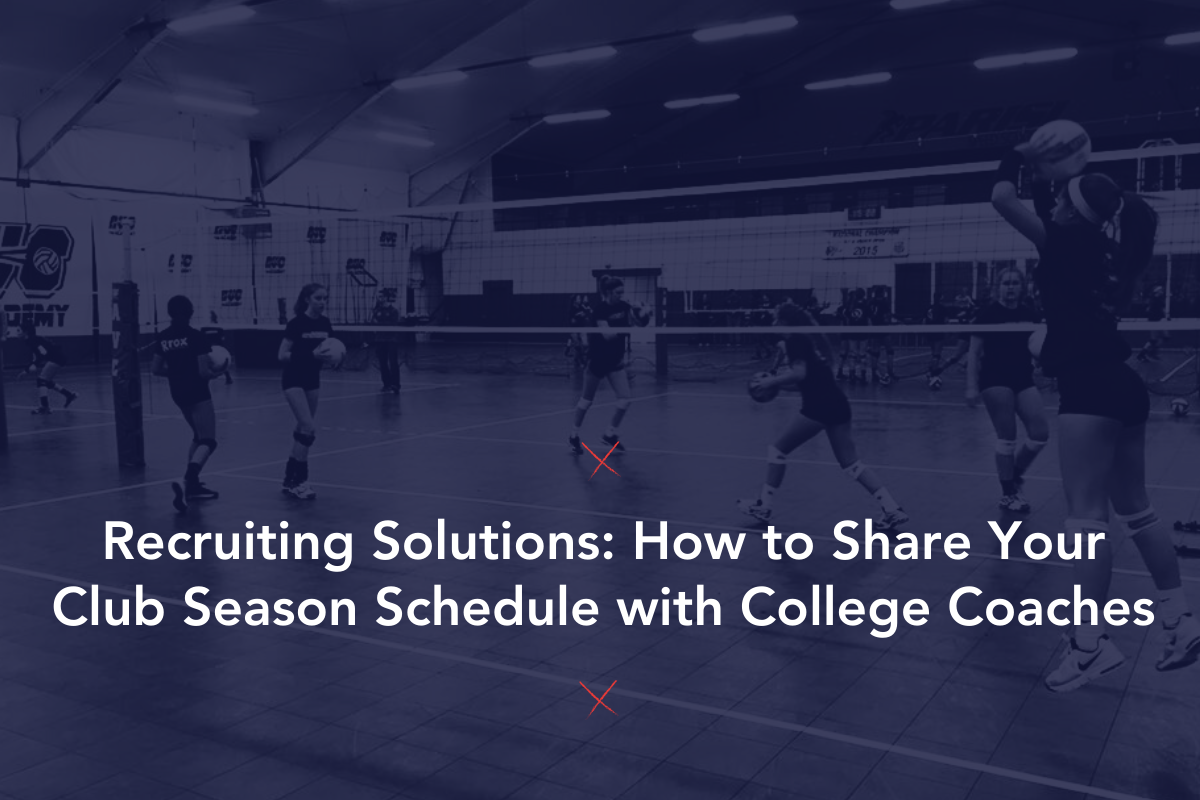VC United was formed in the summer of 2017 as an elite volleyball club in Rockford, Illinois. After starting with 4 dedicated wood courts and 2 dedicated sport courts to train on, VC United has transformed the building into one of the most comprehensive volleyball training facilities in the country with 12 courts, a 9,000 square foot weight training area, a pro shop, concession stand, and more. After setting a record for tryouts this summer, VC United has 83 teams. With a fall tryout coming up the club will have more players than ever before.
Structure and Responsibilities
From the beginning, VC United has had a Technical Director overseeing each program in the club.
- Girls Elite High School (15 and Older)
- Girls Premier (Regional Program)
- Girls Regional (Local Program)
- Girls Elite Youth (14 and Under)
- Boys/Beach (All Ages)
- Futures (Youth Program)
Club Director, Eric Schulze gets the Technical Directors together prior to the season to establish a season outline as an organization, and the season is broken out into training segments during the year. The Technical Director is responsible for the technical and tactical training and management of their program’s curriculum. They lay out the specific concepts and curriculum focused on within those segments of the season for the program they lead. It is the Technical Directors responsibility to fill in the day to day drills and activities to meet the club’s standards and training philosophy. By all meeting together first, all Technical Directors are aligned in the club’s goals, and there is consistency in culture and training from one program to the next.
The Technical Director is also a coach for the coaches, overseeing coach development, as well as player development. This is accomplished by evaluating the coach during training, and giving feedback throughout the season. Also, the Technical Director is the first point of contact for conflict resolution and any problems that come up during the season. Coaches will go to their respective Technical Director first with questions, schedule conflicts/practice attendance, and obstacles that occur during the season.
As the club has grown, the Technical Directors have been given more space to operate, for example, recruiting new coaches to the club that they know, and being more proactive hiring coaches that fit their style. They also do most of the communication to their teams and coaching staff (ie. schedule changes), and handle minor parent issues that do not need to be escalated to the Club Director.

Commitment, Qualifications and Compensation
The Technical Director is a part-time position that is part of a full-time position. The Director is paid on a per team basis, so a Director of 20 teams will be paid more than a Director of 10 teams. The other portion of the full-time position is being a Head Coach, but for a team in a different program, so there is no crossover. This way they can focus on overseeing their program without having their own team at the same practice. The full-time staff are W-2 employees, however those that are not full-time are 1099.
When hiring this position, Schulze has focused on quality vs experience. The responsibilities of the Technical Director require someone who is organized, meticulous, and an effective communicator. Schulze tends to favor people who have coached for 10+ years and have experience with conflict management and are able to manage a coaching staff. It is also important that the Technical Director is aligned in same mission as the Club Director.
Impact
The motivation for the Technical Director position was to offset the workload on the Club Director’s plate and avoid burnout. Without this position, Schulze would need to be in the gym five nights a week to oversee training, plus field questions and complaints from all ends of the spectrum.
Also, Schulze’s feels it’s difficult as a Club Director to sell families on your program when the training environment can change so much from coach to coach if you’re not leading it from the top. With VC United’s model, all players can be trained at every position in a very consistent manner. The 18-1 Elite are training under the same practice plan as the 15-4s. It has diminished the importance of what team you make in the program. Players that make a 4s team are less inclined to be upset because they know they will be trained the same way. Schulze believes this is the main reason his club has four 18s teams. The dues for each team are the same regardless of what team a player makes within that program.
The Technical Director position has also impacted the overall club culture in a positive way. It has allowed Schulze to create a culture where his large club feels smaller. The Technical Director knows every kid and every coach in the program by name. Players don’t feel like a small fish in a big pond, and are more likely to feel proud and valued playing for VC United.
If your club is considering implementing a Technical Director, Schulze advises setting expectations with the coaching staff prior to switching to this model. Some coaches may have a difficult time giving up some control, however they will most likely enjoy spending less time planning practice, and having the communication more streamlined. VC United’s Elite teams train three times per week and one of those practices is a flex practice, which means the coaches have complete autonomy over that practice plan each week. Schulze stresses the importance of training your coaching staff to learn how to coach within this model. “It’s an art form to execute someone else’s plan, since it’s easy to check out.” With solid leadership among the Technical Directors, VC United has created one of the strongest training programs and club cultures in the Midwest.
VC United (Rockford, Illinois) is a member of the Junior Volleyball Association, an organization committed to enhancing the junior volleyball experience for club directors, coaches, players, and fans.



